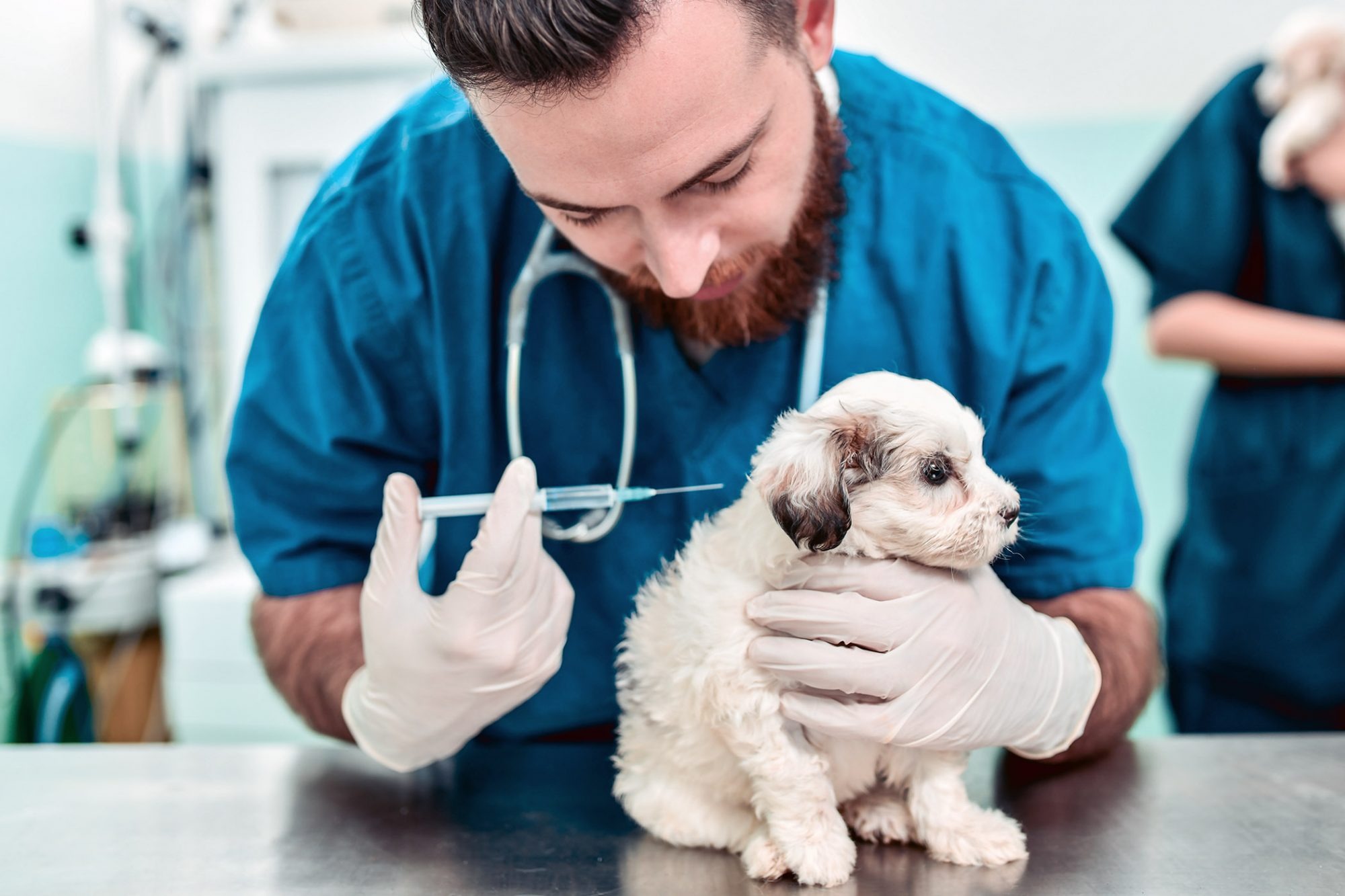How General Veterinarians Help With Pet Vaccinations And Immunizations
Caring for your pet requires more than just love and attention. Vaccinations and immunizations keep them healthy and protect them from diseases. As a pet owner, you collaborate with a general veterinarian to ensure your furry friend receives the right shots at the right time. This process shields pets from harmful illnesses and prevents outbreaks. A Veterinarian in Monroe, CT can guide you through this crucial responsibility. They use their knowledge to tailor an effective vaccination schedule for your pet’s unique needs. This step-by-step plan safeguards pets throughout their lives. From puppies and kittens to senior companions, general veterinarians adjust their approach to match your pet’s age and lifestyle. Their experience helps pet owners like you understand the importance of each vaccination. Trust in their expertise to keep your pets on a healthy path. Stay informed and proactive to give your pet the best chance at a long, happy life.
Table of Contents
Understanding Core and Non-Core Vaccinations
Vaccines fall into two categories: core and non-core. Core vaccines protect against severe diseases that affect all pets. These are essential. Non-core vaccines, on the other hand, depend on your pet’s lifestyle and risk factors. For example, a dog that enjoys outdoor adventures might need different vaccines than a strictly indoor cat.
Core vaccines for dogs include rabies, canine distemper, parvovirus, and adenovirus. Cats need rabies, feline distemper, and feline calicivirus vaccines. The American Veterinary Medical Association (AVMA) provides guidelines to help navigate these essential vaccines.
The Role of General Veterinarians
General veterinarians offer expertise in creating a vaccination schedule tailored to your pet. They consider age, health history, and environment when outlining this plan. Their knowledge helps determine the timing and frequency of each shot. This personalized approach ensures your pet gets what they need without unnecessary vaccines.
Timing and Frequency: A Crucial Element
Timing matters. Starting vaccinations at the correct age and maintaining boosters strengthen your pet’s immune system. Puppies and kittens begin with a series of shots starting at six to eight weeks. Adult pets need boosters to maintain immunity. General veterinarians monitor your pet’s schedule and send reminders for updates.
Table: Common Pet Vaccination Schedule
| Pet Age | Core Vaccines | Non-Core Vaccines |
| 6-8 weeks | Distemper, Parvovirus | Bordetella (if needed) |
| 10-12 weeks | Distemper, Parvovirus, Adenovirus | Lyme (if needed) |
| 14-16 weeks | Rabies | Leptospirosis (if needed) |
| Annually | Rabies (booster), Distemper (booster) | Depends on lifestyle and risk |
Keeping Up with Boosters
Boosters play a vital role in ensuring ongoing immunity. Veterinarians evaluate the best schedule for boosters based on evolving health recommendations. The Centers for Disease Control and Prevention (CDC) offers updated vaccination schedules for various pets.
Tailoring to Unique Needs
General veterinarians understand that different pets have different needs. Some pets have health conditions requiring special attention. Veterinarians customize vaccination plans for these unique situations. This ensures your pet receives protection without compromising their health.
Addressing Concerns and Side Effects
Every vaccination comes with questions. General veterinarians are there to address any concerns or side effects. They provide guidance on what to expect post-vaccination. Usually, side effects are minor and temporary. Veterinarians offer reassurance and solutions if any issues arise.
Your Role as a Pet Owner
As a pet owner, you play a crucial role in this process. Stay informed. Follow the vaccination schedule. Attend regular check-ups. Doing so supports your pet’s health and well-being. Collaborate with your veterinarian to keep your pet safe and healthy.
Conclusion
Partnering with a general veterinarian ensures your pet receives the right vaccinations and immunizations. This collaboration protects them from serious diseases. By understanding core and non-core vaccines, following schedules, and addressing concerns, you provide the best care for your furry companion. Trust in the expertise of a veterinarian to guide you through this essential part of pet care. Your pet’s health depends on this informed and proactive approach.





